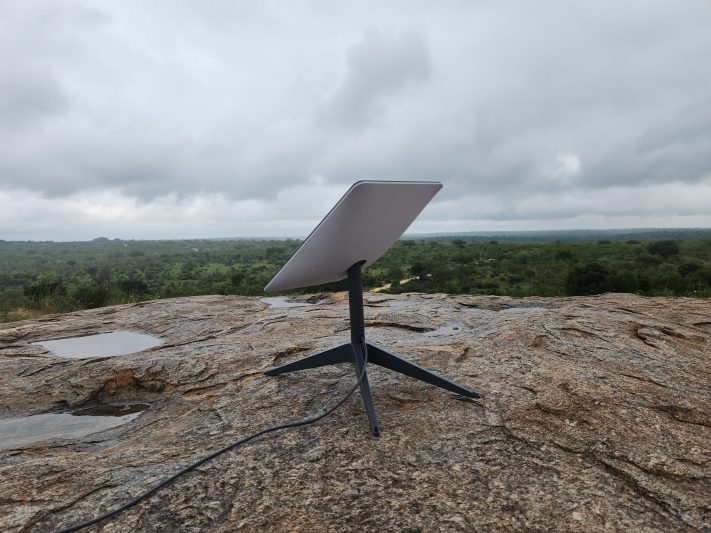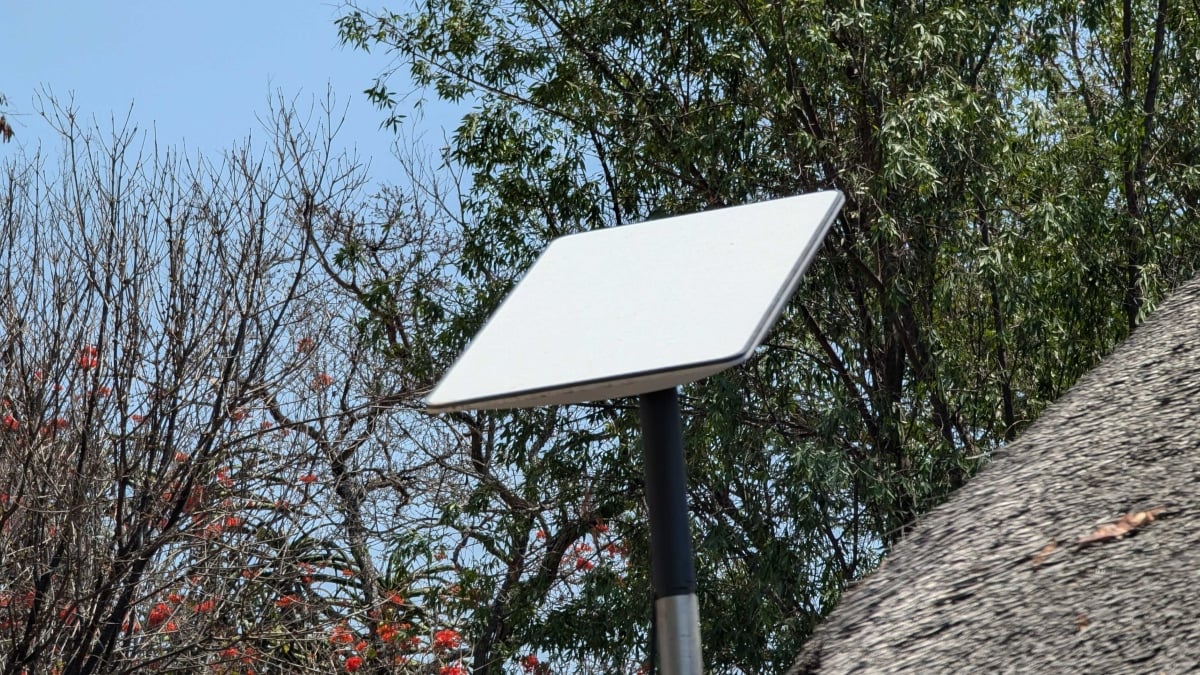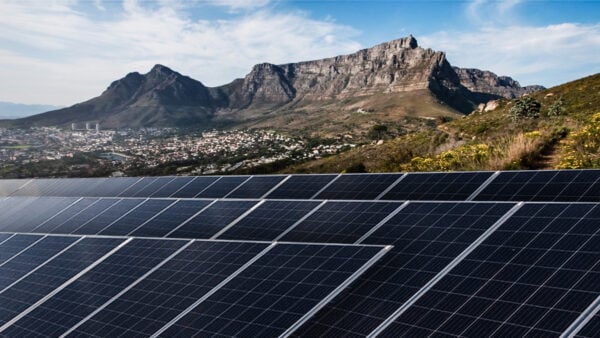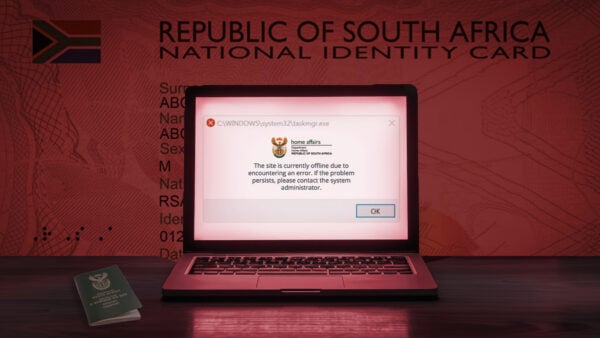Big changes for Starlink users in South Africa

Starlink plans to re-enable regional roaming services for users in African countries in the near future.
That could potentially allow new South African users to sign up for the SpaceX-operated satellite Internet service’s fast connectivity.
However, the relaunch of roaming may come with tougher rules that may be to the deteriment of local users.
While Starlink has yet to receive official approval to launch in South Africa, numerous locals have been using the service since early 2023, when the company first launched roaming.
The roaming feature is intended for customers in countries with regulator approval who wish to use Starlink while travelling in other countries.
However, during its first year and a half of availability, a customer could use roaming for an indefinite time outside their main country — to the joy of many South African users.
The primary downside was that the roaming option was slightly more expensive than regular residential subscriptions.
Another issue was getting the kit in the first place, as Starlink was initially only available in countries further north in Africa — including Nigeria and Kenya.
However, a number of unofficial distributors started importing kits on behalf of those customers desperate enough to risk the wrath of the communications regulator.
One major operator registered and managed Starlink accounts on behalf of its customers, which was against Starlink’s terms of service.
Their actions led to Starlink cutting off hundreds of customers who did not have direct access to their accounts.
However, some merely facilitated the delivery and shipping of the kits and let customers manage their own accounts, avoiding a Starlink crackdown.
The gradual rollout of Starlink to several more African countries closer to South Africa — including neighbouring Botswana, Eswatini, Mozambique, and Zimbabwe — made it even easier and more affordable to get a kit.
However, Starlink halted sign-ups for its regional roaming service in November 2024.
This was supposedly due to misuse, including unauthorised use in capacity-restricted areas and countries awaiting approval.
While Starlink’s main customer base has been underserved rural areas, the service has seen unprecedented demand in major cities in Africa.
Starlink is not only much-liked for its high performance but also its affordability relative to other uncapped Internet services in Africa.
However, customers in cities like Nairobi, Lagos, and Harare reported very low speeds due to high congestion in mid-2024, forcing Starlink to halt orders while it increases its fleet capacity.
Since the pause, only South Africans with existing regional roaming plans — renamed to Roam Unlimited — can still use the service.
Newcomers must take up a far more expensive global roaming package.

Starlink relaunching revamped regional roaming
According to an update from Stellar Systems, a Starlink distributor in Zambia, the satellite broadband service plans to reinstate regional roaming with stricter policies and data limits to prevent future abuse.
In a post on its Facebook page on 1 March 2025, the company explained that recent satellite launches had gradually expanded capacity in areas surrounding Lusaka.
It shared before and after screenshots of the Starlink coverage map around Lusaka showing that the “Sold Out” area where Starlink had stopped accepting applications for new users was smaller.
“Additionally, several smaller cities across Zambia and Africa, which were at full capacity, now support residential subscriptions,” the company said.
Among these cities are Bulawayo, which no longer has a “Sold Out” status.
It remains to be seen what the “stricter” policies and data limits will entail and whether this could curtail Starlink’s usage in South Africa further.
Roaming users must already travel to their kit’s country of registration every 60 days due to a continuous use rule aimed at exploiting price differences between countries.
Some users have figured out a workaround where the roaming day counter will reset to 60 after pausing the service for a few days.
Another issue potentially contributing to Starlink’s decision to temporarily halt roaming subscriptions is the shortage of ground stations in Africa.
These are necessary to transfer Starlink communication through the backbone of the Internet.
While the service can function in areas with no nearby ground stations, a signal must be transmitted via laser communication between satellites until it reaches a satellite that can connect to a ground station.
This not only increases latency but may also cause significant load on inter-satellite communications.
Starlink had only one ground station in Africa at a site in Nigeria for most of the roaming feature’s availability period.
That changed towards the end of January 2025, when another station was rolled out in Kenya.
































